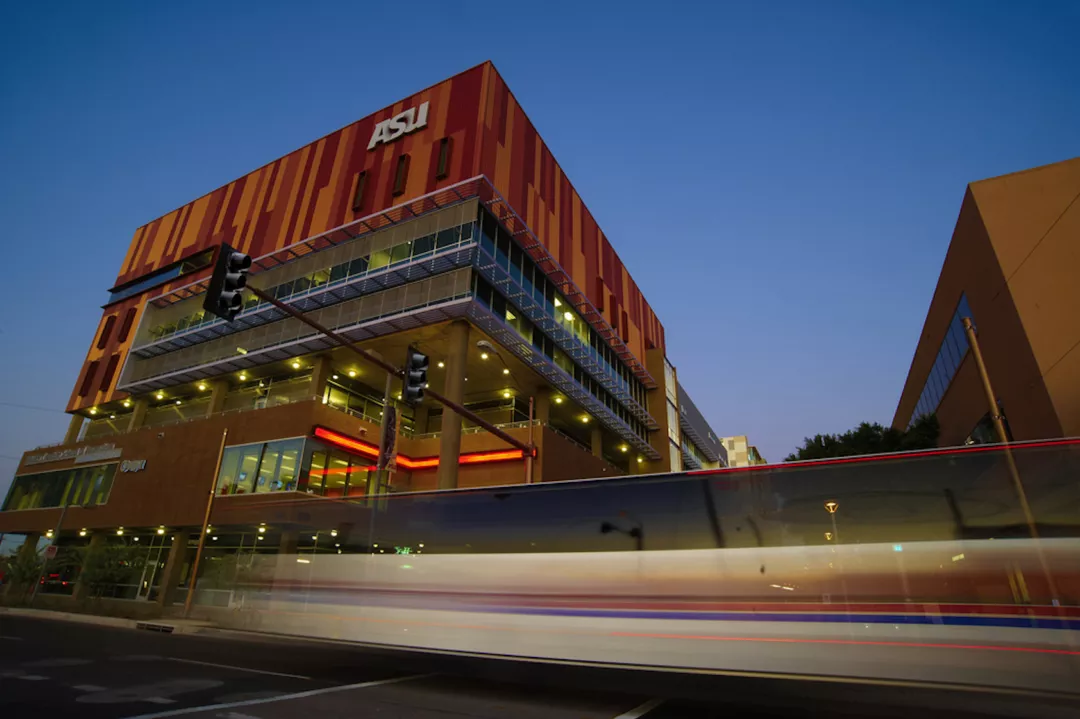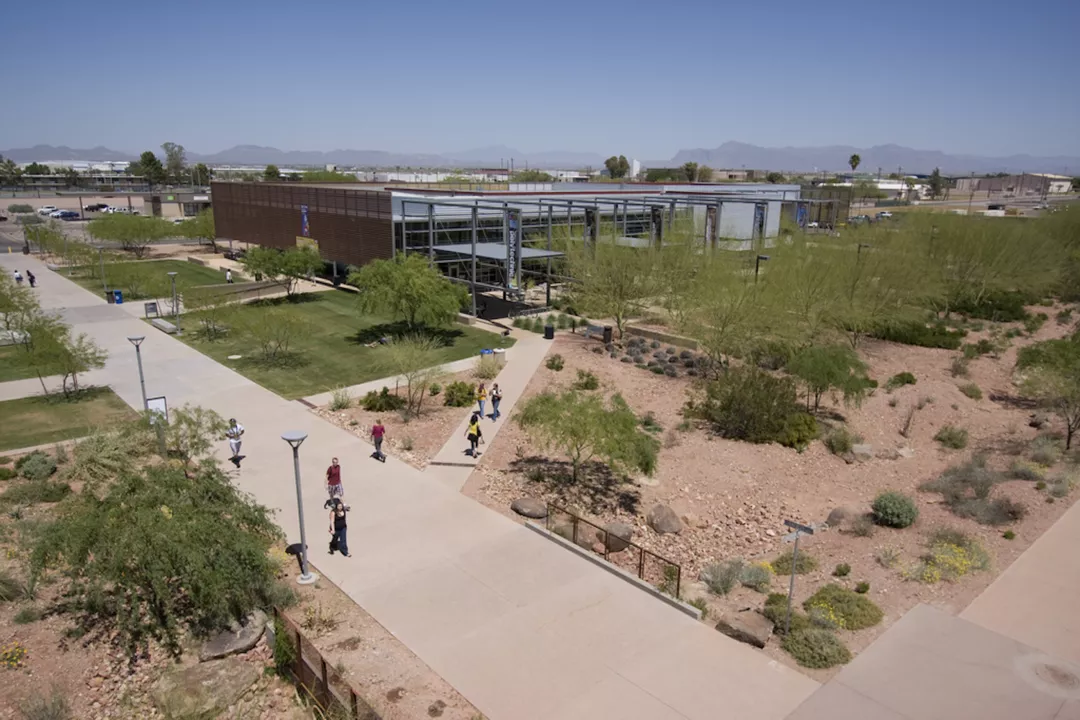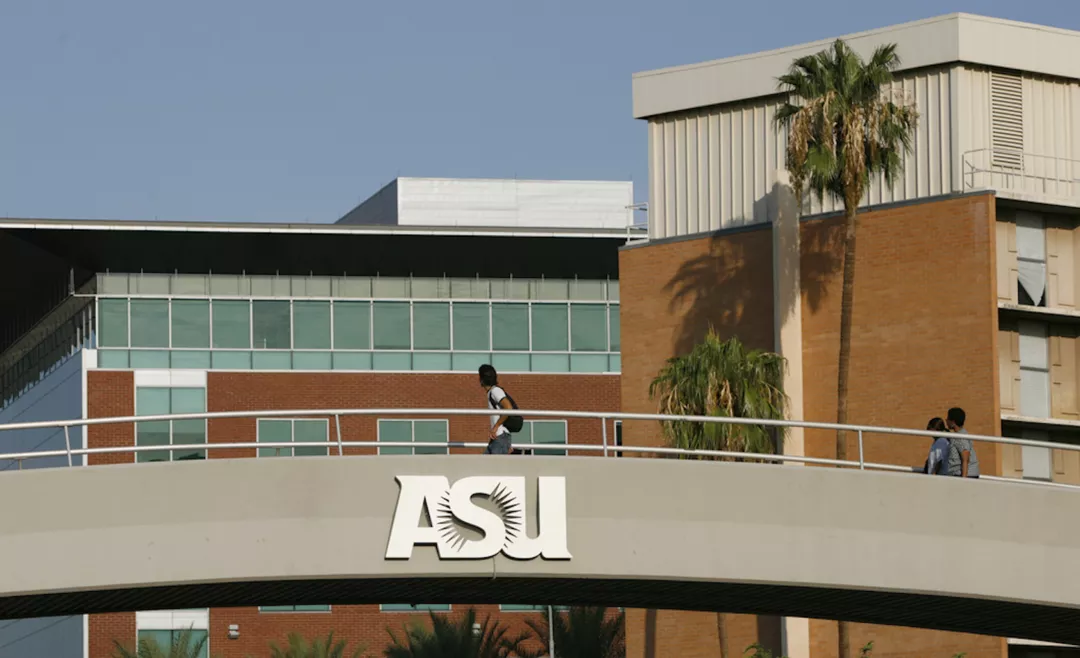-
hello@abroadcube.com
Mail us
-
Call For Help:
98779 83783
-
Whatsapp Us
70090 34921
The MS program in Technical Communication teaches students how to design, produce and manage print and digital texts using traditional and developing technologies.
The curriculum provides students with a comprehensive understanding of the professional, cultural and ethical issues that shape the field; it balances theory and practice to ensure students develop the analytical abilities, technological expertise and hands-on skills necessary for success as a technical communicator.
Students complete the program as accomplished writers, editors, designers and researchers who are able to respond effectively to a range of audiences, issues and communication situations.
Career Opportunities
Professionals with expertise in technical communication are in high demand across sectors and industries, including technology, business, entertainment, education and community organizations. Graduates are prepared for technical communication positions in the private, public and nonprofit sectors and offers professionals the opportunity to further advance their careers.
Skills in the analysis of users and data, writing and creating visuals, and managing online and multimedia content are valuable to businesses and institutions relying on rhetorical awareness and understanding of complex information to manage specialized content and to translate them to broad audiences for maximum impact.
Career examples include:
| Level | Masters |
| Discipline | Engineering |
| Duration | 24 months |
| Intakes | Jan, Sep |
| Application Fees | USD 0 |
| Tuition Fees | USD 35280 |
| Campus | Polytechnic |
| Language proficiency (minimum) | |
| IELTS | 7 |
|---|---|
| TOEFL | 100 |
| PTE | 65 |
| Duolingo | Not Required / Waiver |
| Exam proficiency (minimum) | |
| SAT | Not Required / Waiver |
|---|---|
| ACT | Not Required / Waiver |
| GRE | Not Required / Waiver |
| GMAT | Not Required / Waiver |
Minimum GPA - 77%
QS Quacquarelli Symonds is the world’s leading provider of services, analytics, and insight to the global higher education sector, whose mission is to enable motivated people anywhere in the world to fulfil their potential through educational achievement, international mobility, and career development.
THE (Times Higher Education) has been providing trusted performance data on universities for students and their families, academics, university leaders, governments and industry, since 2004. We create university rankings to assess university performance on the global stage and to provide a resource for readers to understand the different missions and successes of higher education institutions.
The Academic Ranking of World Universities (ARWU) was first published in June 2003 by the Center for World-Class Universities (CWCU), Graduate School of Education (formerly the Institute of Higher Education) of Shanghai Jiao Tong University, China, and updated on an annual basis
The "Webometrics Ranking of World Universities" is an initiative of the Cybermetrics Lab, a research group belonging to the Consejo Superior de Investigaciones Científicas (CSIC), the largest public research body in Spain. CSIC is among the first basic research organizations in Europe. The CSIC consisted in 2006 of 126 centers and institutes distributed throughout Spain.





